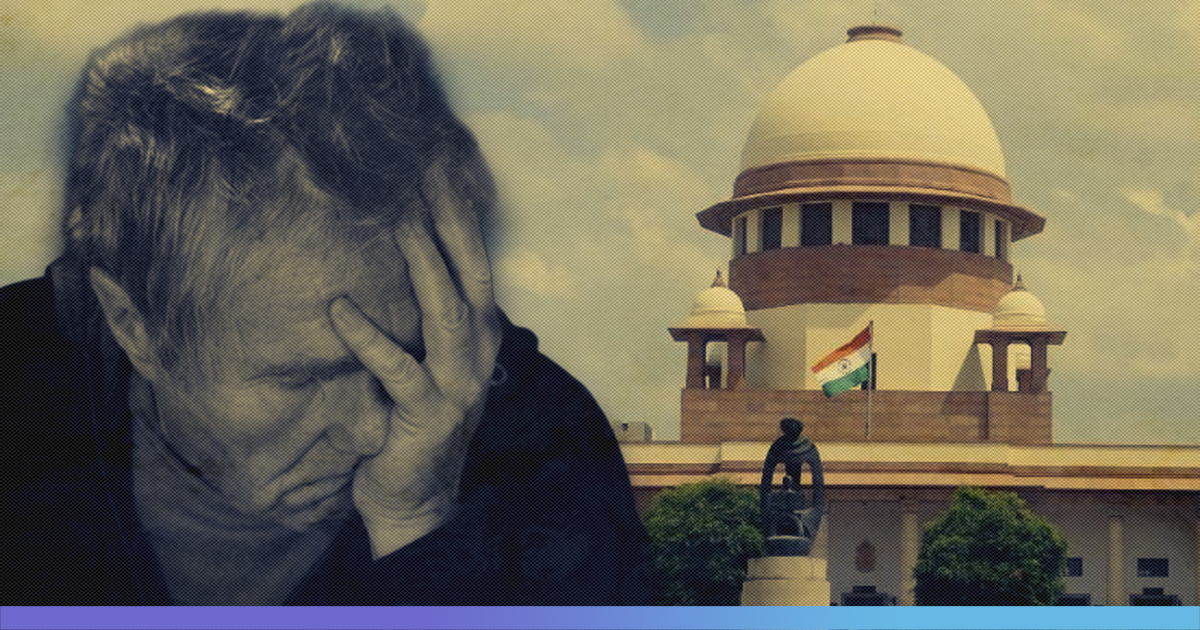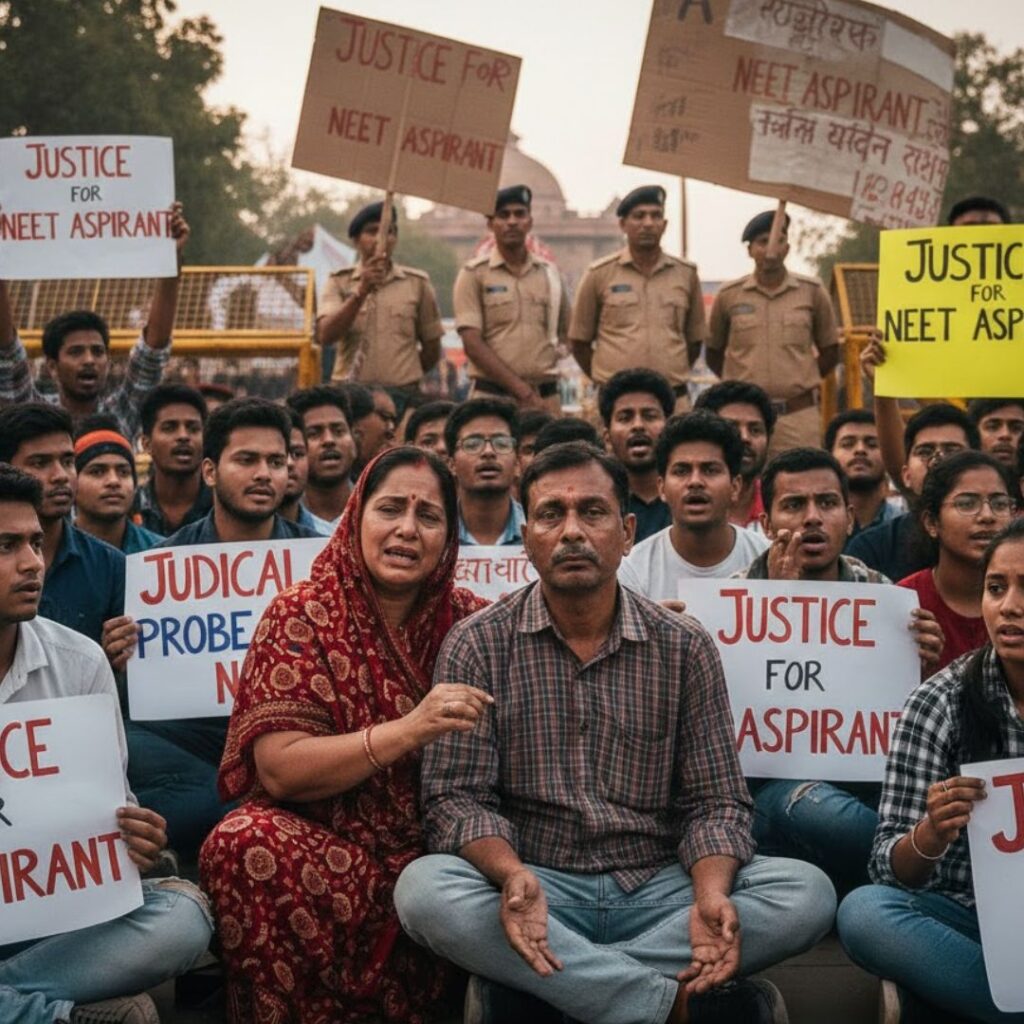In a landmark judgement, the Supreme Court of India has held that mental illness of a severe nature is a fairground to consider revoking the death sentence of convicts on a death-row.
The judgement was passed in April, 2019 by the bench comprising of Justice NV Ramana, Justice Mohan M. Shantanagoudar, and Justice Indira Banerjee. It was passed during the verdict of a prisoner who had been sentenced to death for the rape and murder of two minors in 1999. He was, however, not acquitted. Taking note of the “barbaric and brutal manner of commission of the crime”, he was sentenced to life imprisonment, with further instructions to the state to ensure proper mental healthcare for him.

The case
The accused, referred to as ‘X’ by the court, was apprehended in December 1999, for raping and murdering two minor girls. In 2000, he was held guilty by the trial court and sentenced to death. The case was appealed to the High Court and in 2001, the High court held up the death sentence awarded by the trial court citing that, “the case at hand falls into the category of the rarest of the rare cases warranting punishment with death.”
In 2008, a review petition was submitted against the High Court’s order in the Supreme Court and SC vide (asked to revise the order) the High Court’s order. In 2015, a criminal miscellaneous petition was filed which requested a reopening of 2008’s review petition. The said judgement came as a verdict for the petition review.
The judgement
During the hearing, the court decided that there was no merit to the submissions against the court orders and hence decided to hear the sentencing pertaining to two issue, one of them being the mental illness of the accused ‘X’, which was raised for the first time in 2008’s review petition.
On this issue of post-conviction mental illness, the judgement stated, “As the phrase itself suggests, it is only after being proven guilty, that the convict has developed such illness. It is well acknowledged throughout the world that prisons are a difficult place to be in. The World Health Organisation and the International Red Cross, identify multiple circumstances such as overcrowding, various forms of violence, enforced solitude, lack of privacy, inadequate health care facilities, concern about family etc, can take a toll on the mental health of the prisoners. Due to the prevailing lack of awareness about such issues, the prisoners have no recourse and their mental health keeps on degrading day by day.”

After considering the facets from various other cases that involved a similar issue of mental illness and a long delay between crime and conviction, the court noted that in the case of the accuse ‘X’, it had to be considered whether the long delay was a cause for irreparable mental illness and thus disqualified it as a ‘rarest of the rare’ case. For this, the court referenced the Section 20 (1) of the Mental Health Care Act, 2017 which provides that, “every person with mental illness shall have a right to live with dignity.”
In the judgement the bench stated, “All human beings possess the capacities inherent in their nature even though, because of infancy, disability, or senility, they may not yet, not now, or no longer have the ability to exercise them. When such disability occurs, a person may not be in a position to understand the implications of his actions and the consequence it entails. In this situation, the execution of such a person would lower the majesty of law.”
Misuse of the judgement
The court recognised that the judgement could be misused by other convicts who are on a death-row to plead an acquittal/reduction in the sentence. To prevent that it provided a basis for testing the mental health of the convicts so that it may be established that they are in fact, “…extreme cases of mental illness…”
In this regard, the judgement states, “We note that there appear to be no set disorders/disabilities for evaluating the ‘severe mental illness’, however a ‘test of severity’ can be a guiding factor for recognizing those mental illness which qualify for an exemption. Therefore, the test envisaged herein predicates that the offender needs to have a severe mental illness or disability, which simply means that a medical professional would objectively consider the illness to be most serious so that he cannot understand or comprehend the nature and purpose behind the imposition of such punishment.”
Finally, stating that although the accused ‘X’ did show signs of severe mental illness which warranted a revokement in the death sentence, nonetheless, the gravity of the offence itself, the abuse of the victims’ trust by the petitioner, and his tendency to commit such crimes in the future meant that he posed a great threat to the society and cannot be allowed to roam free at any point whatsoever. The court sentenced him to imprisonment until death with proper mental healthcare to be administered to him by the state.
Also Read: Number Of Death Penalties Passed In 2018 By Lower Courts Highest In Two Decades: Report













